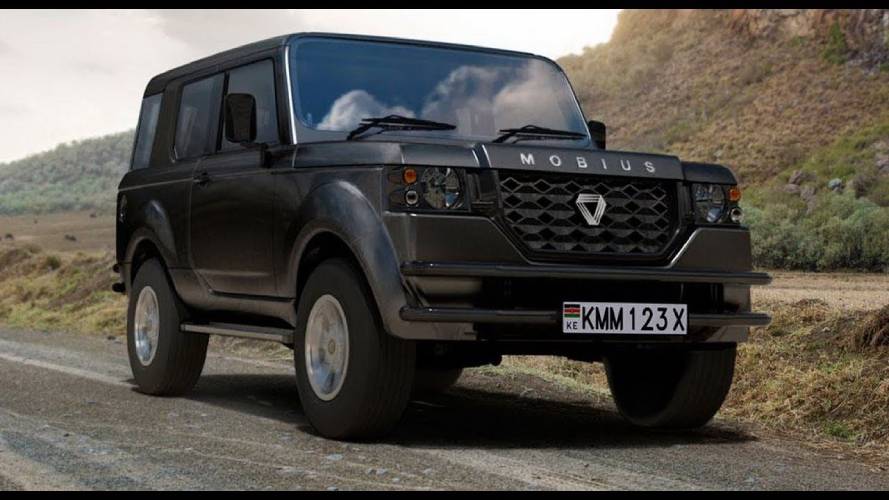×
The Standard e-Paper
Smart Minds Choose Us

Since its launch in 2014, Mobius Motors, Kenya’s only home-grown automaker, has only produced around 50 test vehicles.
Mobius is among a number of African firms hoping for a slice of the continent’s largely underdeveloped market for new cars.